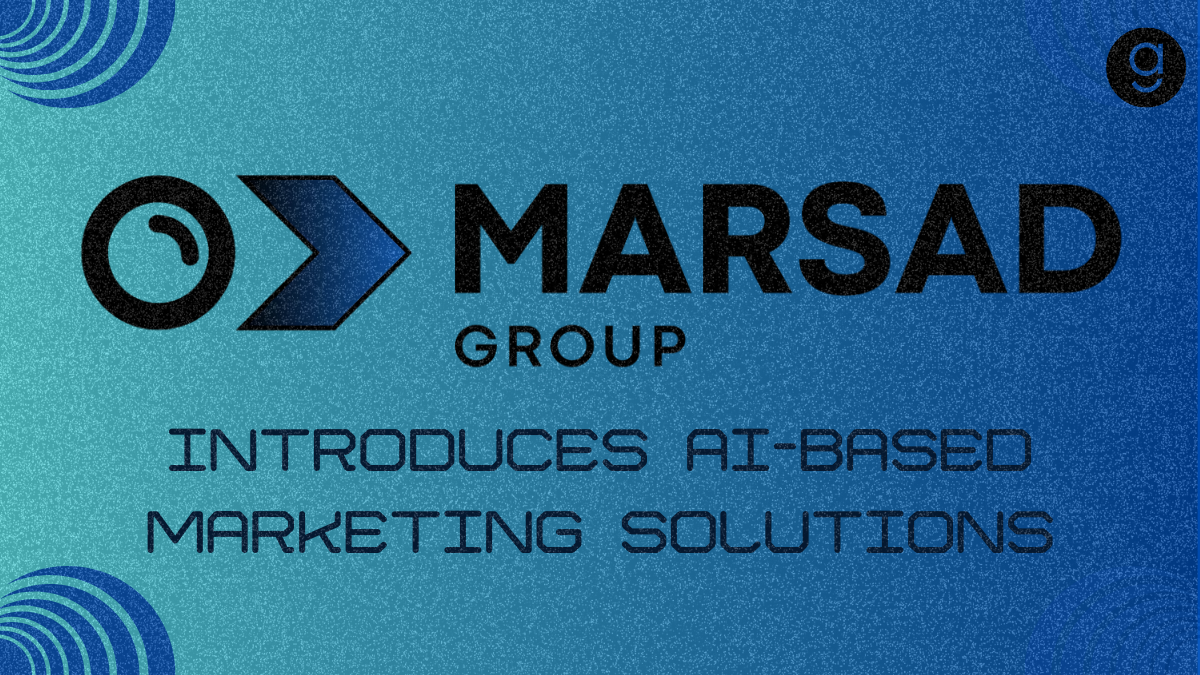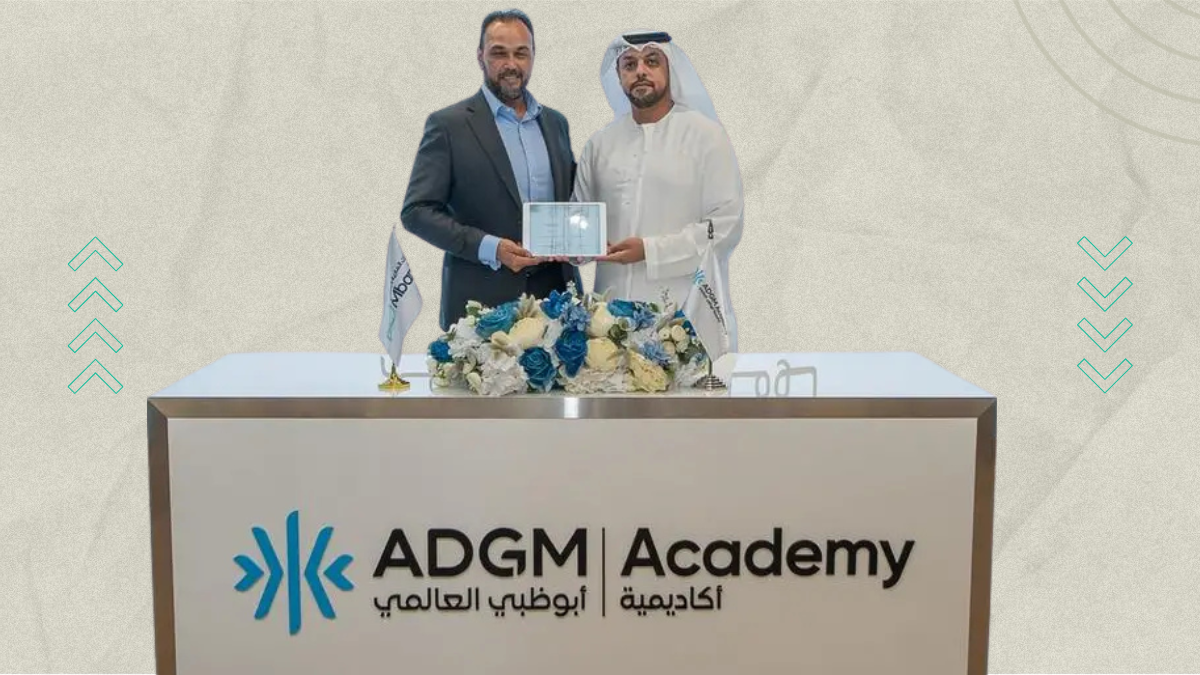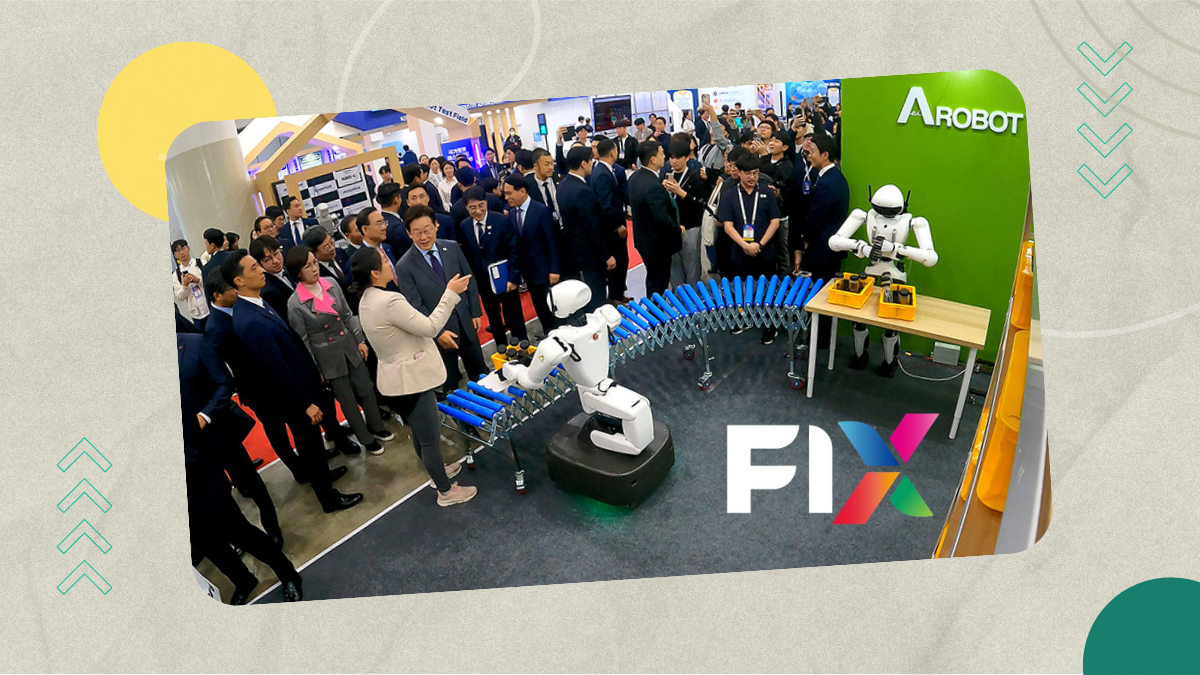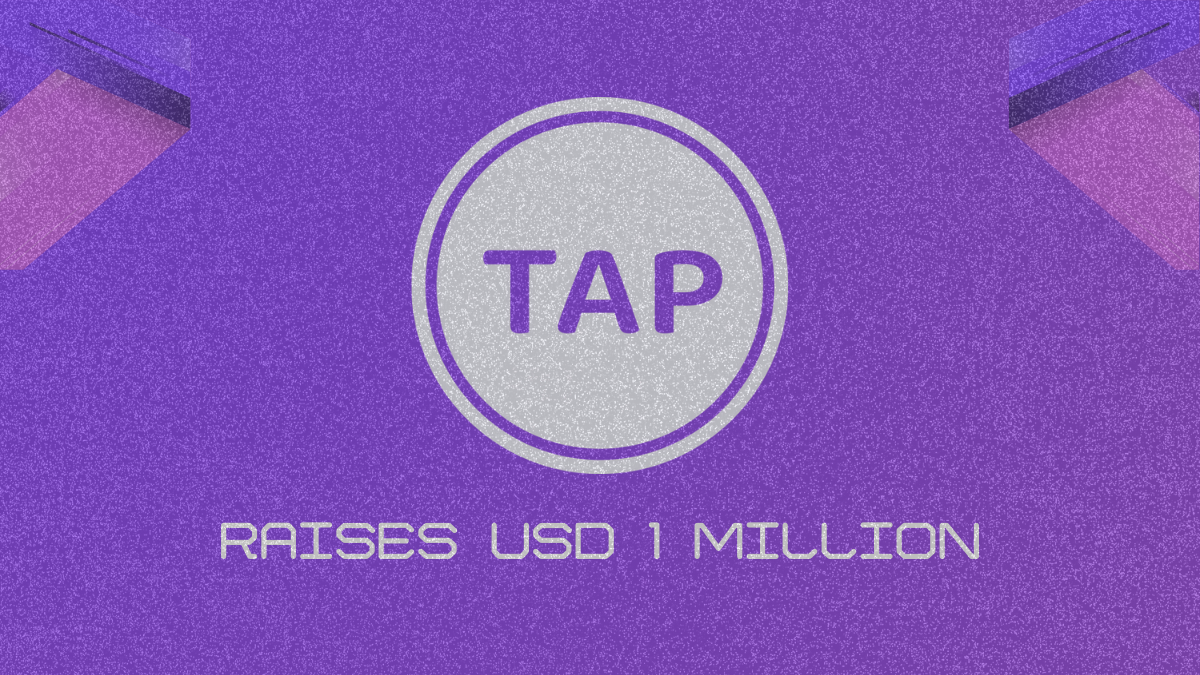Basetwo Clinches $11.5 Million to Supercharge AI-Driven Manufacturing
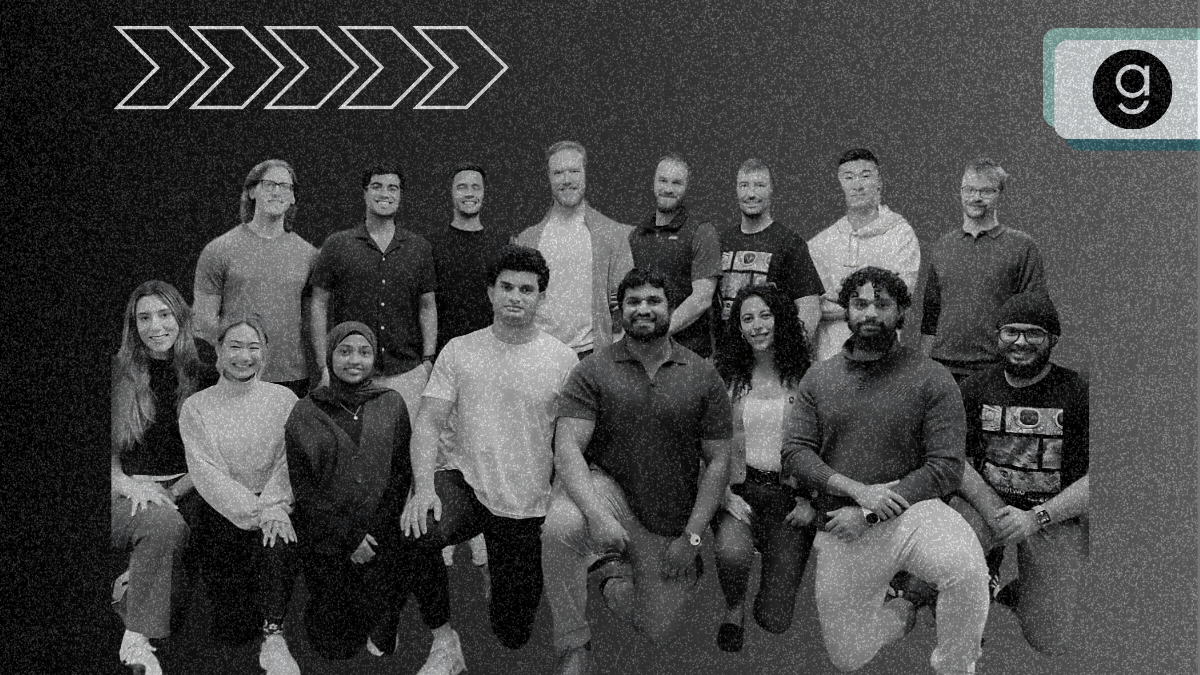
3 min
AVP led the Series A round, joined by Glasswing Ventures, Deloitte Ventures, and others.
Basetwo’s Physics AI platform blends engineering principles with AI for process optimization.
Plans to expand into the United States, Japan, Europe, and the Middle East.
Funding supports the advancement of real-time, autonomous production control.
Company envisions reducing manufacturing costs and accelerating product launches.
When Basetwo announced its $11.5 million Series A funding round, industry insiders took notice. According to the company’s official statement, the Toronto-based startup drew investment not only from lead backer AXA Venture Partners (AVP) but also from Glasswing Ventures, Deloitte Ventures, Global Brain Ventures, Shimadzu Corporation, Chiyoda Corporation, and a network of UAE angel investors via Qora71. It’s a big step forward for a team that’s determined to overhaul how pharmaceuticals and chemicals are made.
At the heart of Basetwo’s mission is a platform known as Physics AI, which fuses classical chemical engineering principles with the power of artificial intelligence. Rather than relying on guesswork or purely data-driven methods, Basetwo allows manufacturers to map out the scientific fundamentals behind their processes. Picture a digital lab where real-world experiments can be simulated—this way, manufacturers can catch problems before they arise in actual production lines. It’s a strategy that promises to reduce waste, shorten production cycles, and improve product consistency across the board.
In a conversation shared on their press page, Basetwo’s Co-founder and CEO, Thouheed Abdul Gaffoor, emphasized the importance of a “physics-based understanding” to address the complex challenges many modern manufacturers face when scaling up production. He noted that traditional machine learning, while powerful, often misses crucial nuances in areas like chemical reactions or equipment performance. By contrast, Basetwo’s approach helps engineers see the entire picture, bridging the gap between theoretical calculations and daily plant operations.
Looking ahead, the startup plans to pour this latest round of funding into two major initiatives. First, they’re developing what they call “AutoPilot” technology, a system designed to make rapid, autonomous adjustments in real-time. Imagine a control panel that can spot small irregularities—say, a sudden temperature spike in a reactor—and instantly tweak the settings to keep everything stable. Second, Basetwo wants to expand its global presence, rolling out offices in the United States, Japan, Europe, and the Middle East. Growing their team of AI experts and software engineers is also a top priority, ensuring the platform can meet increasing demand in diverse markets.
Investors like Manish Agarwal at AVP appear confident that Basetwo’s integrated AI framework has broad applicability, from large pharmaceutical companies to specialty chemical producers. In a written statement, Agarwal noted that real-time solutions for operational challenges are more important than ever, especially as consumer demands evolve. He believes Basetwo is uniquely positioned to help manufacturers optimize both quality and efficiency—and deliver better results for their customers.
Basetwo’s accomplishment stands out in an industry traditionally slow to embrace digital transformation. By showing how AI can be harnessed through a physics-first lens, the company not only addresses inefficiencies but also paves the way for faster innovation. It remains to be seen just how quickly their platform will reshape global manufacturing, but the recent influx of capital certainly hints that Basetwo could spark a new wave of smarter, more sustainable production in the near future.
 LEAP26
LEAP26 AI
AI Saudi Arabia
Saudi Arabia UAE
UAE Egypt
Egypt
